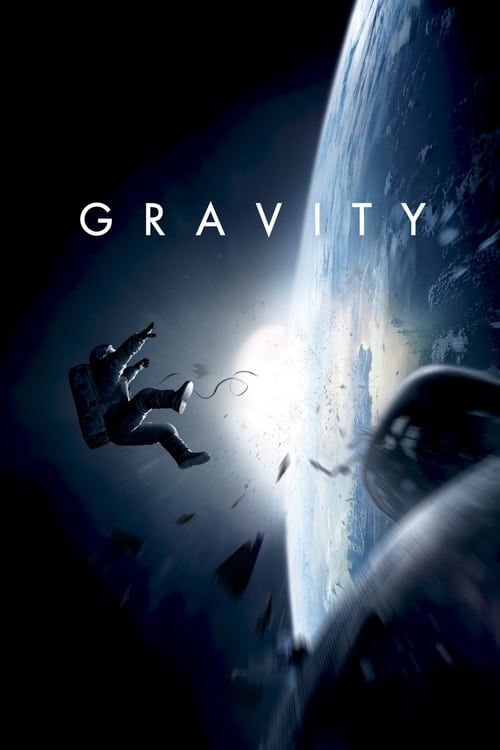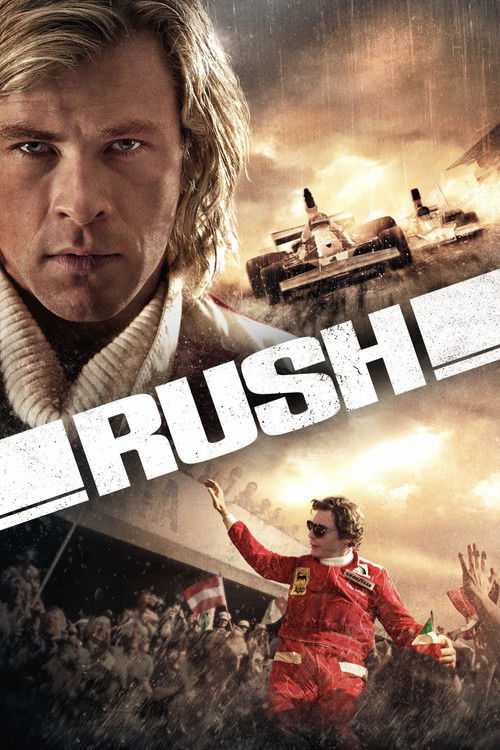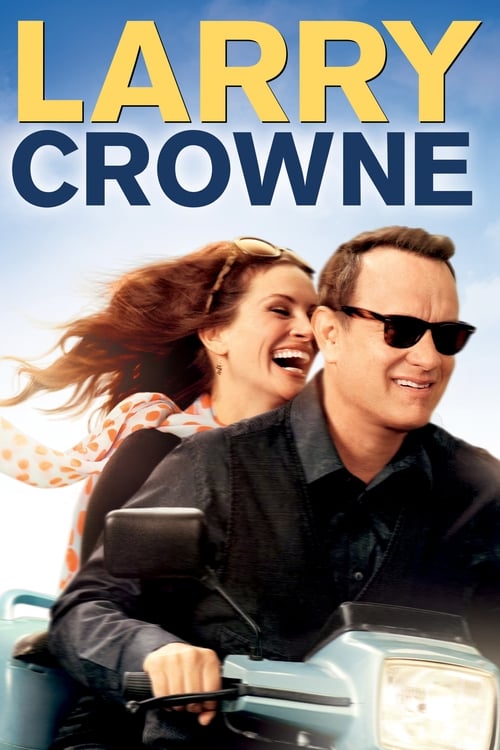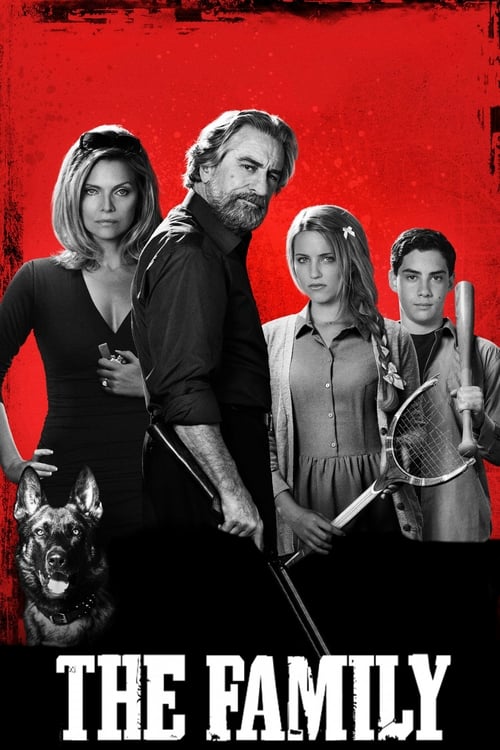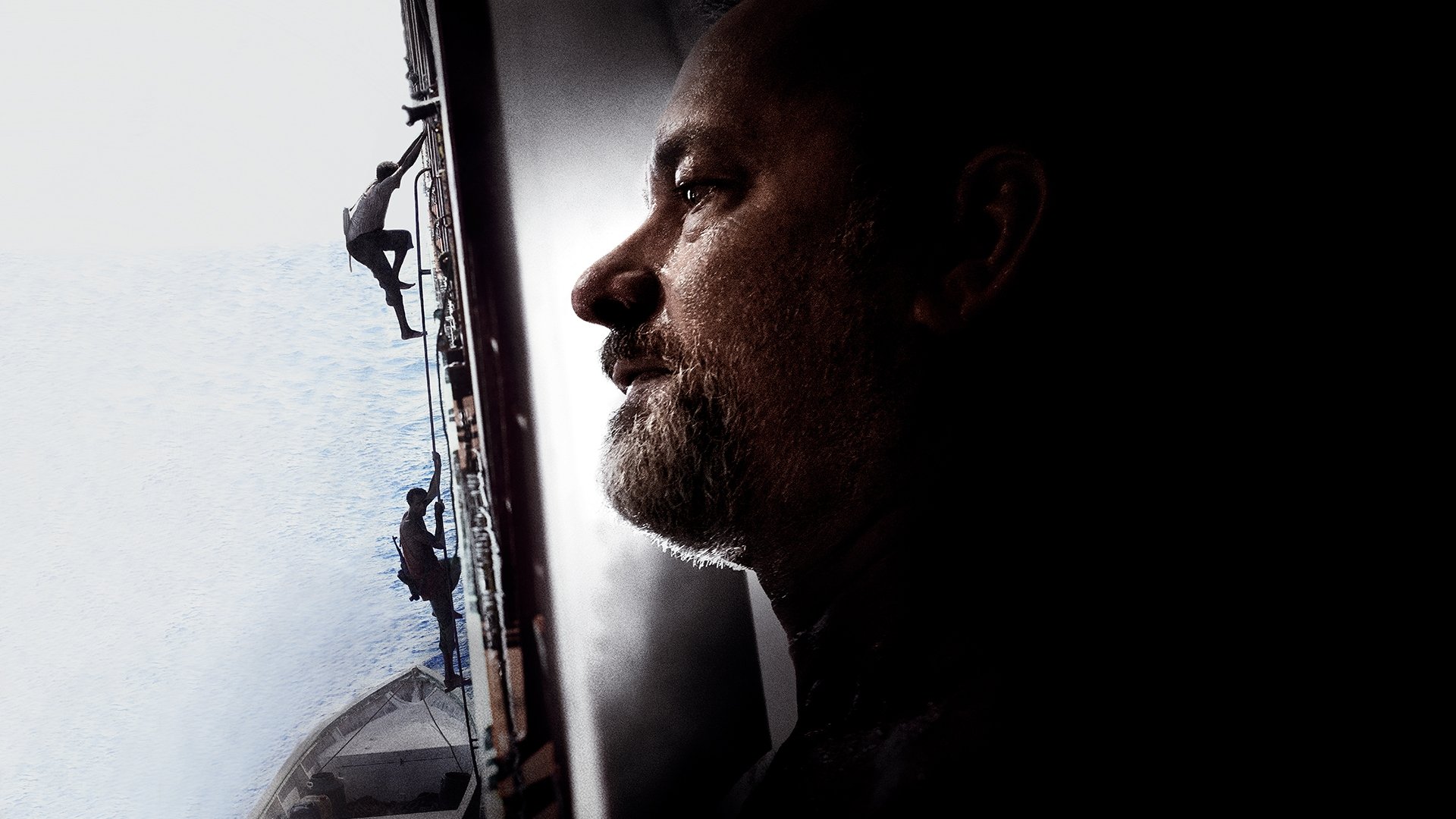
2013
Captain Phillips
Action, Drama, Thriller
8.0
User Score
7367 Votes
Status
Released
Language
en
Budget
$55.000.000
Production
Columbia Pictures, Michael De Luca Productions, Scott Rudin Productions, Trigger Street Productions
Overview
The true story of Captain Richard Phillips and the 2009 hijacking by Somali pirates of the US-flagged MV Maersk Alabama, the first American cargo ship to be hijacked in two hundred years.
Review
kineticandroid
0.0
Allow me to start with what you likely have already read — this film is well-crafted and tense procedural about a true story. The fact that I still found it tense and exciting, even when I already knew the ending (including the oft-mentioned Captain Phillips ending scene) is a high compliment.
So why tell this story? I took it as a meditation on powerlessness, a film that didn't deal with heroes or villains, only victims. There's a shipping crew that is easily sought out by pirates, and there are the pirates that ultimately fail. In either case, it's not as if either side feels in control of their destiny. They're just playing to some largely unseen authority. After the crew deflects the first attempted piracy in the film, one character says that as a union member, he didn't sign up for this kind of danger. The reaction? He chose to work on a ship that went around the horn of Africa. "What did you expect?" he's asked. Later, when one of the pirates steps on broken glass and injures he foot, he's asked the very same question by his leaders. Even the two competing captains — the pirate and the title character — ultimately are swayed (or saved) by the power of the state. What did they expect? To be the one in control?
Read More tanty
8.0
Well done movie, good script and exceptional performances. Specially by Hanks and Abdi but also the rest of the pirates crew.
Hanks could have won the Oscar for this one.
Read More 